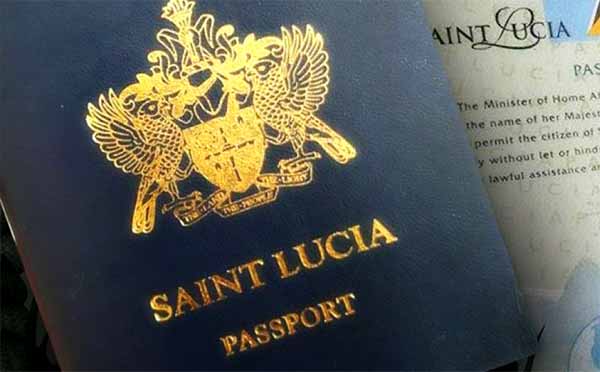LONDON, England — Competition and transparency are the keys to preventing abuse of citizenship or residency programmes aimed at circumventing the Organization of Economic Development’s (OECD) Common Reporting Standard.
This is the view of a group of experts from the Global Investor Immigration Council (GIIC), including Mykolas Rambus, Chairman of (GIIC) and founding members of the GIIC, Armand Arton of Arton Capital and Nuri Katz of Apex Capital Partners, in consultation with Kim Marsh, an industry expert in the field of security, intelligence and compliance, and Eric Schultz (retired), government affairs strategies with Arton’s government advisory practice.
On February 19, the OECD published an open consultation paper in which it outlined how due diligence professionals can prevent the abuse of investment migration programmes to circumvent the CRS. OECD invited interested parties to send their comments on this consultation draft by March 19, 2018.
In a letter to the OECD, the experts pointed out that the members of the GIIC work with many of the countries that offer citizenship by investment and residency by investment programmes.
They also work with individual clients and conduct background checks and due diligence. Under no circumstances may they consider tax evasion to be legitimate grounds to seek another country’s citizenship. Instead, clients are motivated by a desire to facilitate their international travel as well as securing a safe future for generations to come.
In their statement, GIIC declared that they are fully supportive of mandatory disclosure rules requiring all industry participants to report arrangements that appear likely to circumvent CRS reporting requirements. At the same time, GIIC underlined that CBI/RBI schemes alone cannot be used to circumvent CRS rules. It is only through proper training, and proper due diligence and KYC procedures that financial institutions can guard against abuse of CRS rules, GIIC conclude.
“We acknowledge that, as the consultation document claims, there are individuals who may seek to evade CRS rules through CBI/RBIs,” said Mykolas Rambus, chairman of GIIC.
“As a Council, we firmly believe that it is our duty to be aware of these possibilities and to be supportive of measures to be taken to mitigate stakeholders in our industry from participating in schemes to avoid CRS. We fully support the OECD efforts to ensure that these programmes are not mis-used to avoid proper tax assessment and payment.”
The Council agrees that all financial institutions can mitigate abuse of CRS rules by properly applying due diligence procedures to all taxpayers. It welcomes the OECD compiling a list of high risk schemes and hopes that the OECD will pay proper and correct attention to the minimal, if any, effect that CBI/RBI has in assisting tax payers evade correct CRS information exchange.
In conclusion, demand for CBI/RBI is only going to increase with global migration trends resulting in still more countries looking to explore ways to fill the void. It is critical that the industry work closely with other stakeholders such as the OECD to ensure that it develops in a transparent and responsible manner.
[The Global Investor Immigration Council is a non-partisan, not-for-profit organization addressing the opportunities and challenges of the movement of immigrant investors and global citizens. The GIIC works to protect the reputation of the investor immigration industry and serve as solid ground for the development and maintenance of best industry practices. It is a self-regulatory organization and recognized global representative and proponent of the industry.]






![Attendees at the UHC logo and website launch [Photo credit: GOSL]](https://thevoiceslu.com/wp-content/uploads/2026/02/Attendees-at-the-UHC-logo-and-website-launch-380x250.jpg)






![Remnants of an alleged drug boat blown up in a lethal strike by the U.S. military last week surfaced off Canouan on Saturday [Photo credit : St Vincent Times]](https://thevoiceslu.com/wp-content/uploads/2026/02/Remnants-of-an-alleged-drug-boat-blown-up-380x250.jpg)
